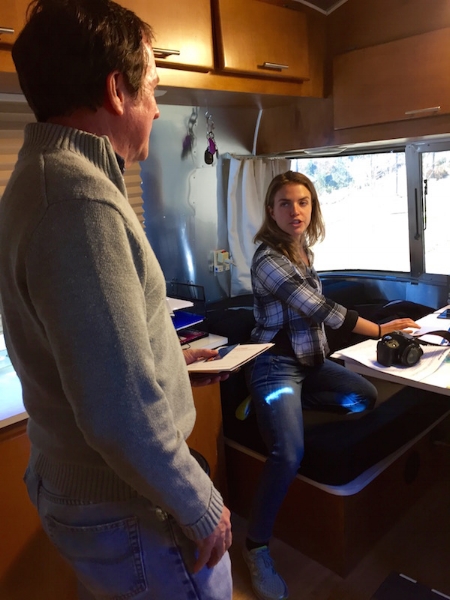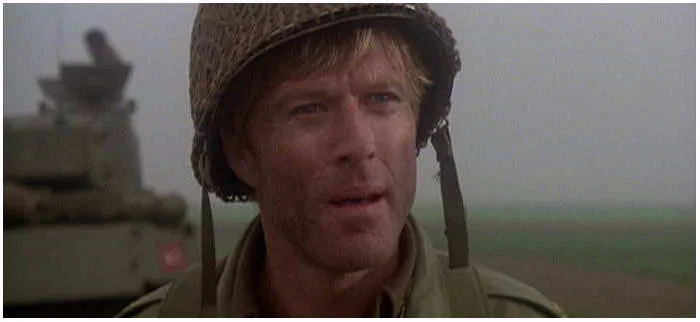I've always enjoyed the the way you get to eavesdrop on the conversations that make up StoryCorps features. A few weeks ago, I had the unexpected good fortune to be part of a StoryCorp recording.
Filling out the required paperwork
My longtime friend Hugh Jacobs wanted to capture the story of his mother. She died of cancer when he was 16. He worried that her grandchildren and great grandchildren wouldn't know anything about her. So he asked me to help him tell those stories, by interviewing him.
When the door finally opened, we found out that our old WIS-TV friend and co-worker Joe Pinner was there just before us, recording his own stories.
It was cold. We got there a little early. Hugh seemed nervous. And I was curious about how it would all play out. We'd met for lunch the day before to talk about the stories he wanted to tell. Recalling his mom's death had brought up a lot of old, difficult memories.
Getting ready to record Hugh's stories
The StoryCorps mobile studio is a lovely little gem of a thing, with a producer sitting in to make the recording and ask the occasional question to help make the story clearer. I had a few notes and asked Hugh both planned and unplanned questions, trying hard to listen, hoping I was capable of prompting him to tell the stories I knew he wanted to record.
Wrapping up the details and getting a CD of the interview.
I hope Hugh got everything he needed. I know I got the thrill of doing something unbelievably cool. Not only was I allowed to indulge my inner Charlie Rose, but I learned new things about someone I've been friends with for 30 years. Thank you, StoryCorps! And thanks to everyone in Columbia who worked to bring them to our city!






